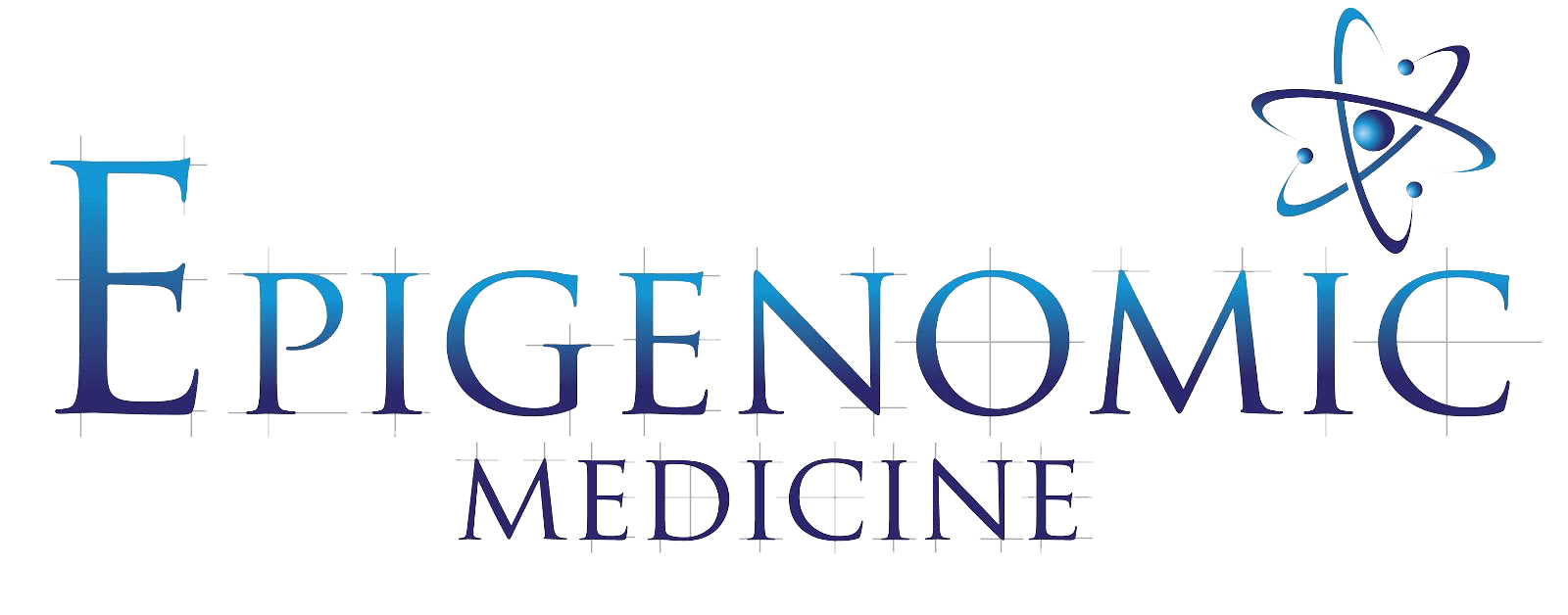at an unprecedented pace. In response, regulatory agencies worldwide granted Emergency Use Authorization (EUA) for several COVID-19 vaccines. This decision, while essential in combating the pandemic, has sparked debates and discussions about its pros and cons.Pros of Emergency Authorization
- Speedy Response: EUAs allowed for swift vaccine development, speeding up the availability of vaccines to the public. This rapid response was crucial in addressing the urgent health crisis.
- Saving Lives: Emergency authorization enabled timely vaccination campaigns, which have undoubtedly saved countless lives by reducing severe illness, hospitalizations, and deaths.
- Flexibility: The EUA framework permits adjustments to vaccine distribution and administration in response to emerging variants or changing epidemiological situations, enhancing adaptability in the face of evolving threats.
- Collaboration and Innovation: EUAs incentivized collaboration between regulatory agencies, pharmaceutical companies, and researchers. This cooperation promoted innovation and the sharing of valuable data.
- Public Confidence: The rigorous safety and efficacy assessments required for EUA instill public confidence in vaccines. This thorough review process assures the public that authorized vaccines are safe and effective.
Cons of Emergency Authorization
- Limited Data: EUAs are based on limited clinical trial data, which may not provide a complete picture of long-term safety and efficacy. Long-term effects and rare adverse events may not be fully understood until post-authorization.
- Incomplete Understanding: Because of the expedited process, there may be gaps in understanding vaccine performance, especially in certain populations like children, pregnant women, or individuals with specific medical conditions.
- Public Skepticism: The accelerated approval process has fueled vaccine hesitancy, with some individuals questioning the thoroughness of safety evaluations, leading to lower vaccination rates in some areas.
- Variability in Approval Criteria: EUA criteria vary between countries, leading to disparities in vaccine approval and potentially affecting global efforts to control the pandemic.
- Liability Issues: Manufacturers may be granted limited liability protection under EUAs, which can raise concerns about accountability for rare adverse events or vaccine-related complications.
ConclusionEmergency Use Authorization for COVID-19 vaccines has been instrumental in the global fight against the pandemic. Its pros include rapid response, saving lives, and fostering collaboration, while cons encompass limited data, public skepticism, and liability issues. The decision to grant EUAs should be balanced with transparent communication, ongoing monitoring, and a commitment to gathering post-authorization data to ensure the ongoing safety and efficacy of these crucial vaccines. It remains a complex and evolving issue that requires careful consideration and management to continue effectively combatting the COVID-19 pandemic.

